One Community Transformed through Multisectoral Population, Health, and Environment Programming
Published on April 8, 2024
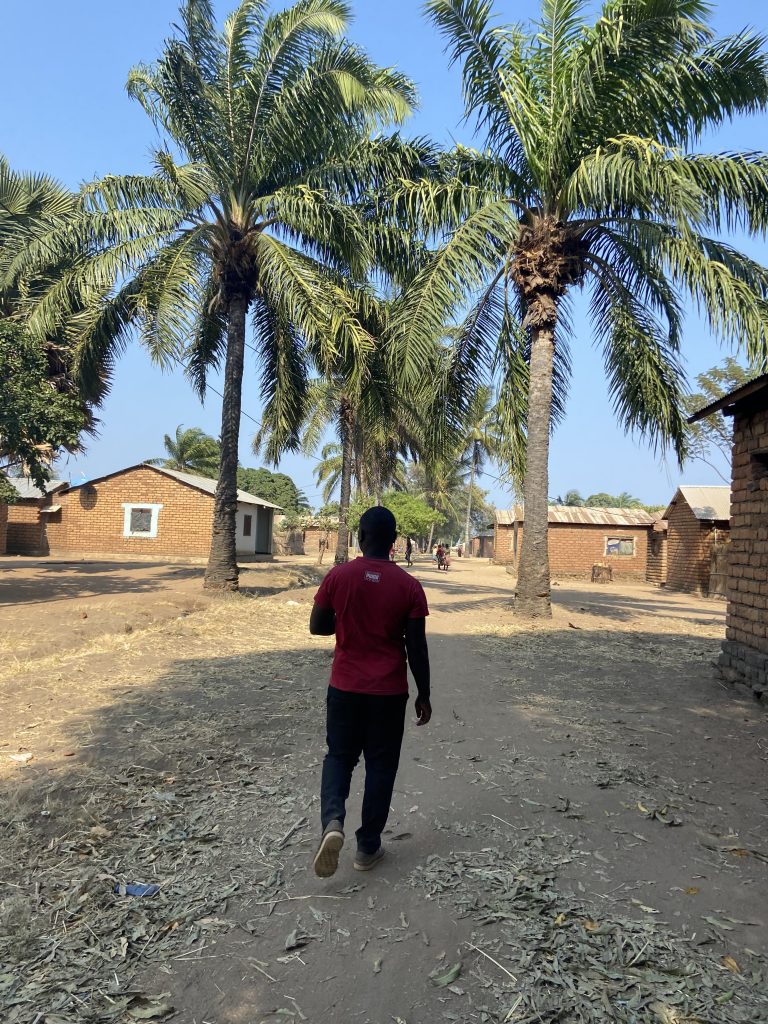
Karema village, a small, vibrant community on the banks of Lake Tanganyika in western Tanzania, has experienced the impacts of climate change, which combined with extreme poverty and remoteness of its location, significantly threatens the overall health and well-being of the residents. To manage food insecurity and poverty, families often resort to unsustainable practices such as overfishing, poaching, and illegally harvesting trees, resulting in increased conflict related to the boundaries between villages, national parks, and protected areas. These conflicts weaken the health resilience of individuals, households, and communities, making them vulnerable to stresses and potential shocks and adverse health outcomes. Despite these challenges, the village has witnessed significant transformations through the adoption of positive health and environmental behaviors. The village council described the impact that integrated population, health, and environment (PHE) programming, supported by MOMENTUM Integrated Health Resilience, has had on health outcomes in the community. These impacts include fewer maternal deaths, cholera outbreaks, increased access to sustainable food sources, increased use of voluntary family planning, and fewer home births.
These results have encouraged Karema Village to prioritize participation in integrated PHE activities introduced by MOMENTUM, such as first-time parent groups, Community Conservation Microfinance Groups, PHE school clubs, and “model households.” MOMENTUM’s PHE model integrates sexual, reproductive, maternal, newborn, and child health with conservation efforts to achieve positive outcomes for people, while also protecting delicate ecosystems and biodiversity necessary for their survival and livelihood. The model has evolved to a broader, women-led climate resilience conceptual model that places women and girls at the center of these activities. Through this approach, MOMENTUM supports integrating voluntary family planning and maternal, newborn, and child health information and services, and promotes household-level changes in behavior that contribute to improved health and climate resilience. First-time parents’ programming, for example, focuses on advancing family planning and related gender outcomes for young, first-time mothers and also their key influencers (specifically their male partners and older women relatives), who are often missed by traditional family planning and reproductive health programming. Community Conservation Microfinance Groups address health and environment issues by establishing sustainable and environmentally friendly savings and income generating activities for communities living adjacent to national parks. PHE school clubs leverage a curriculum developed by the Jane Goodall Institute to help educate adolescents and youth between the ages of 8 and 18 on the links between their health and the environment. Finally, model households, which involve households that volunteer to be models of positive PHE behaviors, serve as examples for other community members to help promote positive behavior change.
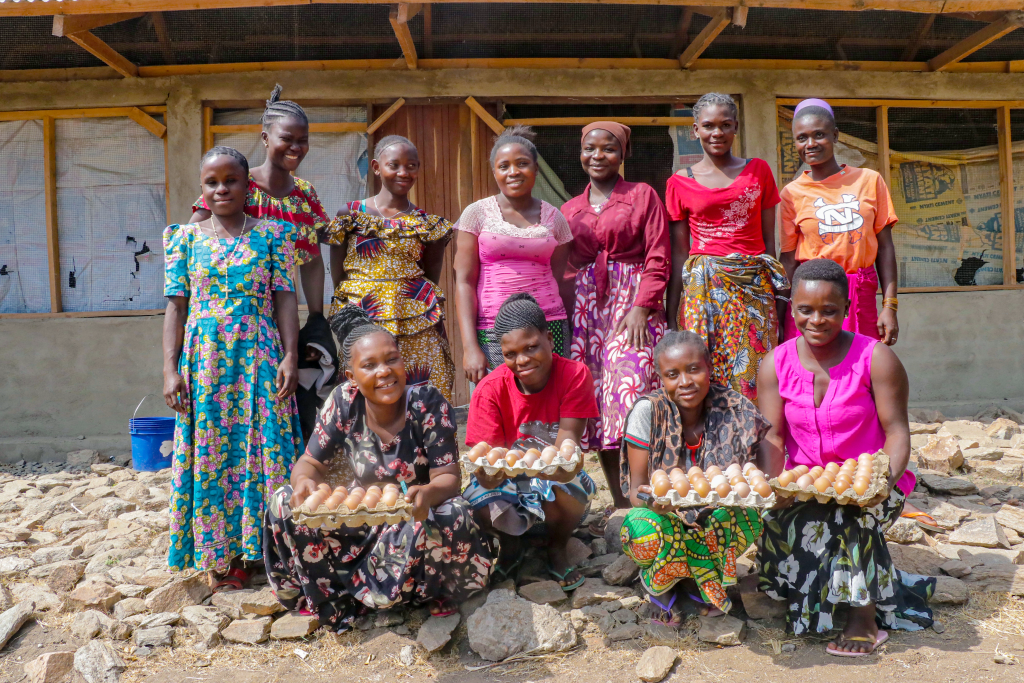
One reason for the success of the integrated PHE activities is that community changemakers see the value of this type of programming and are able to model positive behaviors themselves and educate others to initiate change. These changemakers include community health workers, first-time parent peer leaders, PHE “Champions,” and model household members.
Stamily Joseph Kabimbi is one of these trailblazers, serving as a community health worker, PHE Champion, and first-time parent leader. Through her consistent participation in community meetings, she was chosen by the community to step into these roles. For Stamily, MOMENTUM activities are an opportunity to play an active role in contributing to the positive changes in her community. She has witnessed first-hand the positive shifts in behavior such as greater transparency around family planning, increased support from male partners, engagement in environmentally conscious income-generating activities, delivering babies in health facilities, and a better understanding of disease control. She notes that support from community leaders has contributed significantly to the changes she has observed.
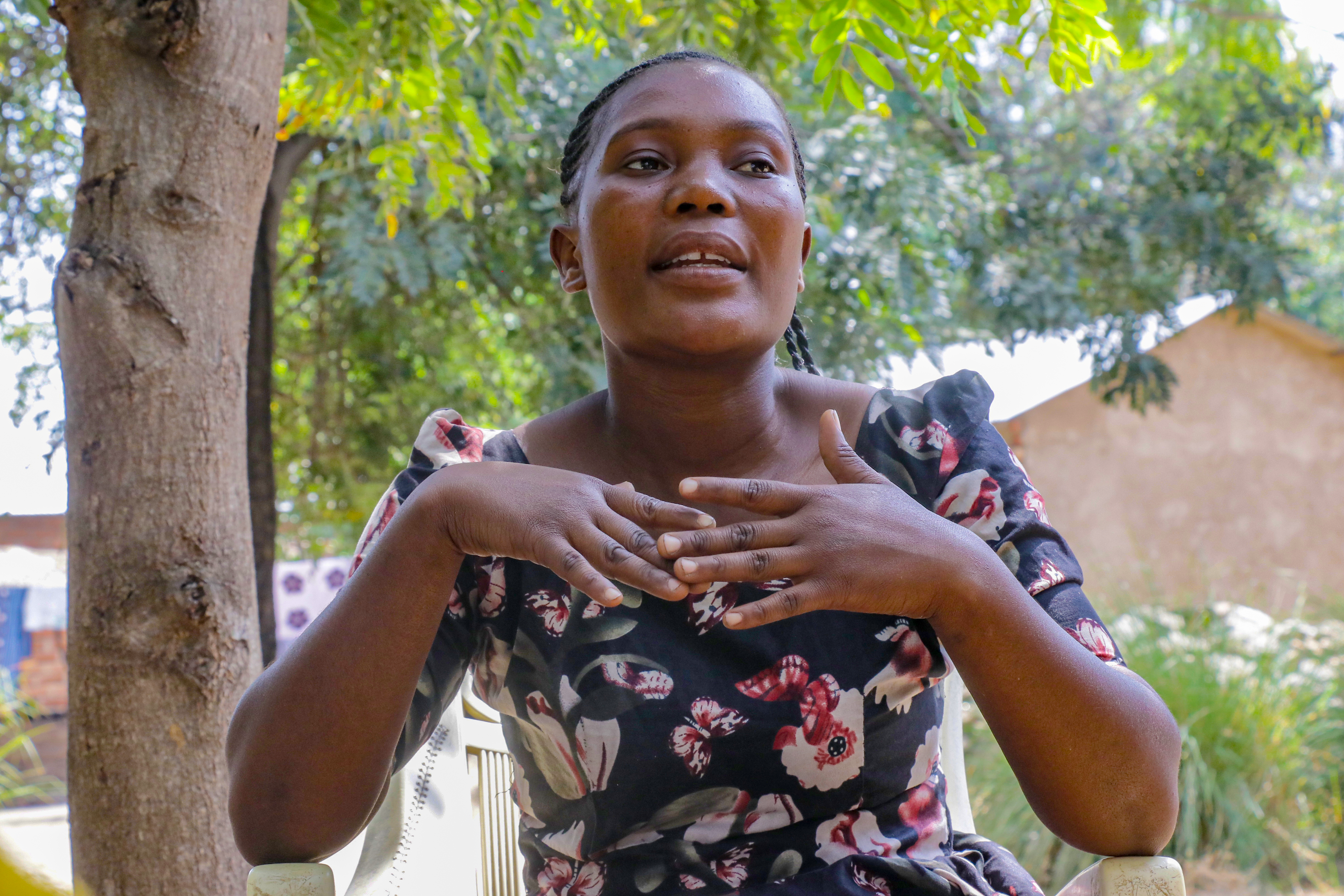
Moshi Madigidi, a 46-year-old father of four, is another change agent from Karema Village. He is the head of a model household, a community health worker, and a PHE champion. Moshi is enthusiastic about educating his community about reproductive health, family planning, and environmentally conscious practices. Recognizing the importance of integrated PHE practices, Moshi and his wife, children, and mother model positive behaviors such as having a home garden and designated latrines in the home. “I strongly advise young people to plan their families well in terms of the number of children they can manage, spacing of children, and access to family planning services,” Moshi explains. “I pass on family planning messages such as using birth control and spacing out pregnancies, effects of empowerment, the use of separate bathroom and toilet for privacy, hand washing, storing food, gardening, and rights to education to all children regardless of their gender in all kinds of gatherings, and to those who come to visit our home.”

Visitors to his home can observe the positive changes that he and his family have made and the impact those changes have had. Among his most successful endeavors have been the ability to store food for future use, educate his children, plant trees, and have a designated latrine. These accomplishments are not a given in his community. He notes that, to change behavior, religious leaders have also played a vital role in altering community mindsets. As a result, many Karema Village members better understand the goals of MOMENTUM’s work and have begun adopting positive PHE behaviors. Within his hamlet, there are now 343 model households, out of a total of 750.
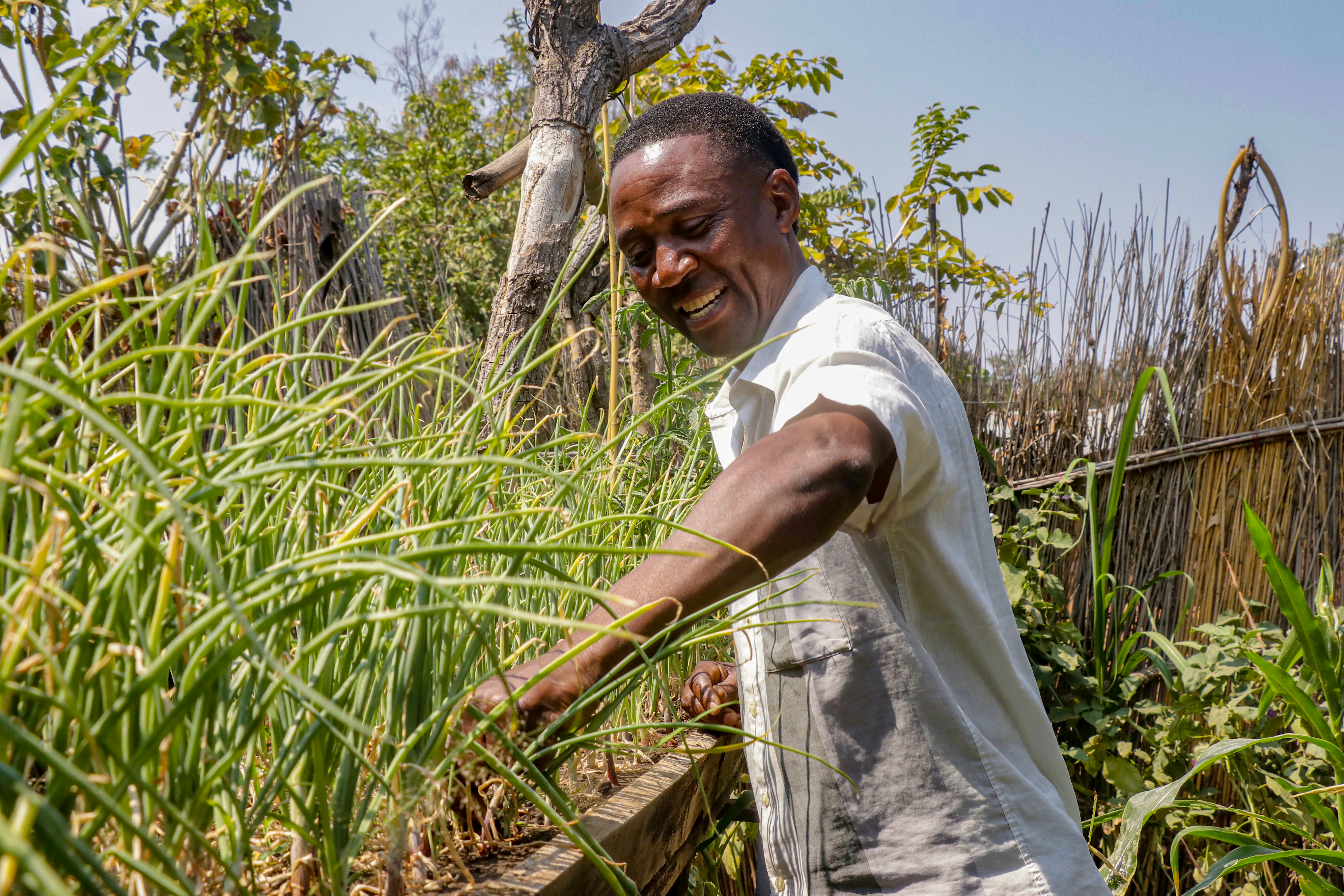
Demonstrating the capacities for increased economic growth, Daniel Matipa, chairman of one of the 11 Community Conservation Microfinance Groups in Karema Village, credits his own entrepreneurial success to the microfinance groups. Group members have been able to implement multiple income-generating activities, including buying and selling crops and making soap and other items to sell both to community members and surrounding villages. The group also participates in savings and loan activities, which has allowed individuals like Daniel to start businesses that benefit themselves and the community. Daniel shared that: “After one year of joining the group, I managed to save 800,000 Tanzanian shillings [approximately US$319.] I borrowed three times the amount I invested (in the group initially) and renovated my business. I am thrilled that my business has grown through [the group]. I purchased a freezer and became a CRDB Wakala1 with approximately three million shillings [approximately US$1,200]. I also have a girls’ salon that is self-sustaining. I will continue expanding my business to achieve greater financial strength, enabling me to overcome any future financial risks.”
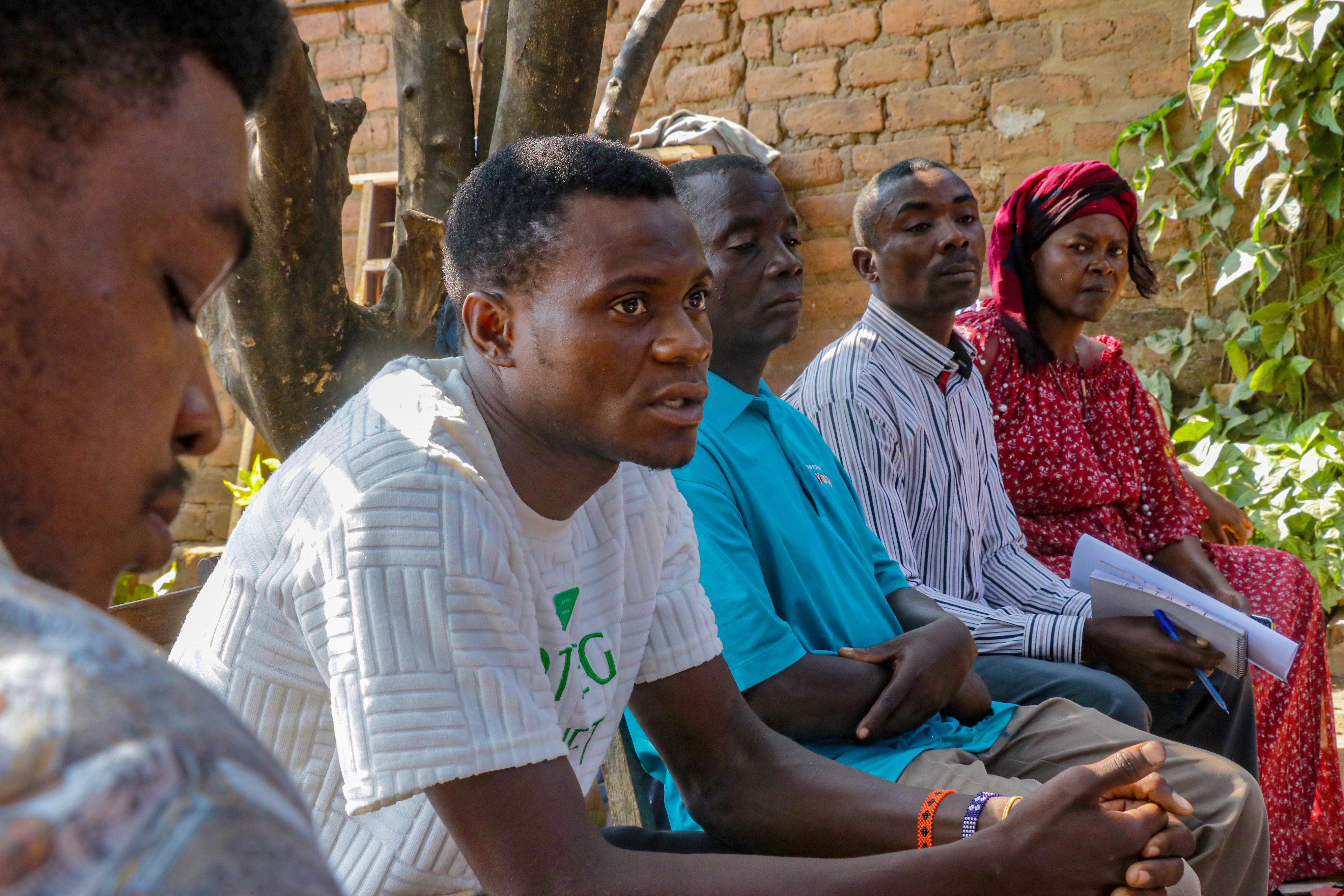
Microfinance groups supported by MOMENTUM create environmentally conscious income-generating activities while profits allow members to start their own businesses and contribute to broader community needs. For example, the group has invested in energy-saving stoves for the community using profits they generated. Group income has also supported school fees for children.
Community health workers in Karema Village also serve as an important entry point to help promote integrated PHE education. James Makwaya, a community health worker shared the following:
“I spend my day providing several hours of education to community members on health and environment-related topics, specifically on the importance of family planning, environmental conservation, gender roles, child education, and maternal health. Many of the positive results we have seen in the community, including fewer maternal deaths, are the outcome of the activities implemented by MOMENTUM. I have increased my own knowledge and I am better equipped to educate others, which helps to save lives.”
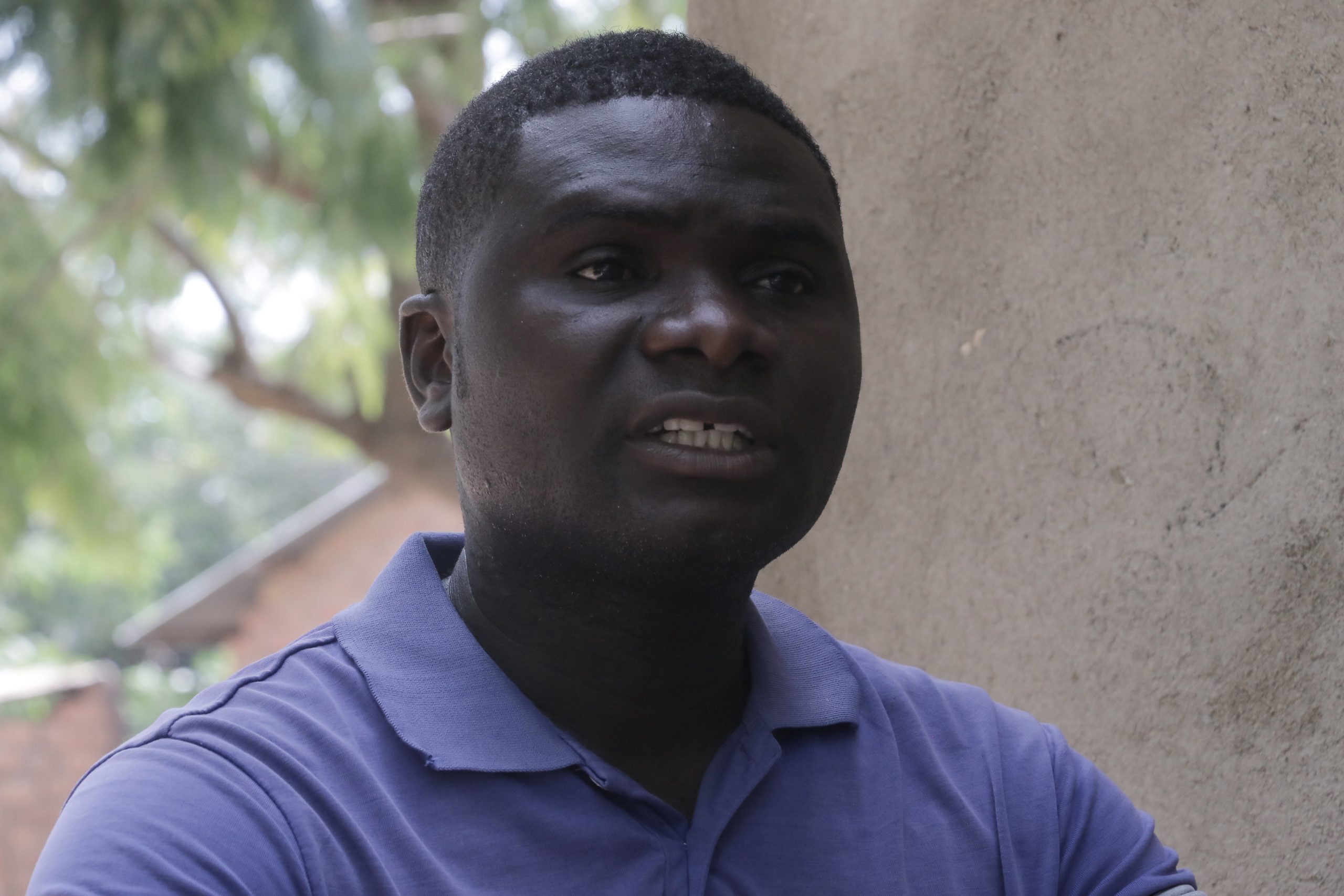
Footnote
- Cooperative Rural Development Bank (CRDB), through the CRDB Wakalas network, offers employment opportunities for over 25,000 Tanzanians who have committed to offer banking services on behalf of CRDB Bank.

